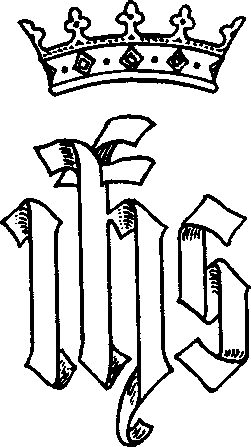 Recently, I was asked the following in an email.
Recently, I was asked the following in an email.
I have been trying to get to the bottom of which “version” of Anglicanism is more accurate to history: the more reformed one or the Anglo-Catholic one. McGrath and Colin Buchanan make Tractarianism out to be wildly innovative and revisionist and the Anglo-Catholics aver that these reformed types pass over many continuities of the English church with its pre-Reformation heritage. Could you 1) commend some strategies and tip me off to some dangers in pursuit of this question, lest I be too easily sucked into either party’s credo and 2) recommend a course of reading for me which would help me to adjudicate the question of which “wing” of Anglicanism Anglican history best supports?
My response:
Dear XXXX,
Thank you for writing and Merry Christmas. I apologize that it has taken so long to get back to you. I began an initial response, but it soon became clear that it was becoming much too lengthy for an email. I have been intending to do a series of posts on my blog about Anglicanism, and I hope this initial response will become the beginning of a more lengthy series.
Perhaps the best way for me to answer would be to tell you a bit about myself. I was raised a Southern Baptist, in a denomination that was biblicist in a way that church history simply did not matter. I grew up in a church where it was just assumed that we could jump straight from Paul’s Epistle to the Romans to the late 20th century United States without any stopping points along the way. To the extent we thought about church history at all, we believed that Baptists had recovered the true gospel that could be found plainly in the Bible; Roman Catholics had messed up Christianity by adding a lot of ritual, works-righteousness, pagan superstition, and an unbiblical hierarchy; the Protestant Reformers had recovered part of the gospel, but had not gone far enough. They had kept such unbiblical practices as infant baptism, sacraments, and written prayers. I remember once hearing it explained to me when I was young that the Roman Catholic Church was the “whore of Babylon,” but the Protestant denominations were nothing more than the “daughters of the whore.” Unlike Roman Catholics, and even other Protestants, we did not mess around with human traditions, whether those of Rome or those of the Protestant Reformation. We went straight to the source, the Bible. Although we were Baptists, we simply called ourselves “Christians,” and we tended to think that we were the only ones. (more…)


